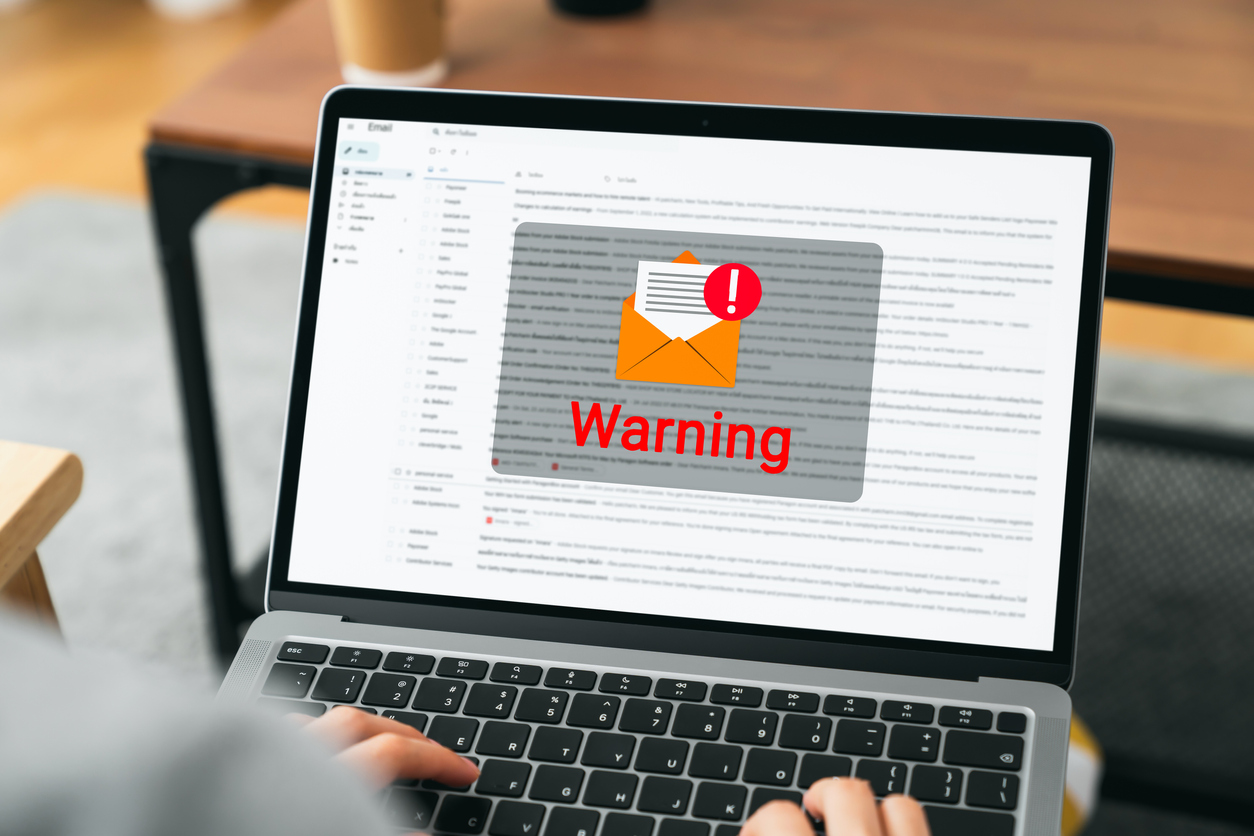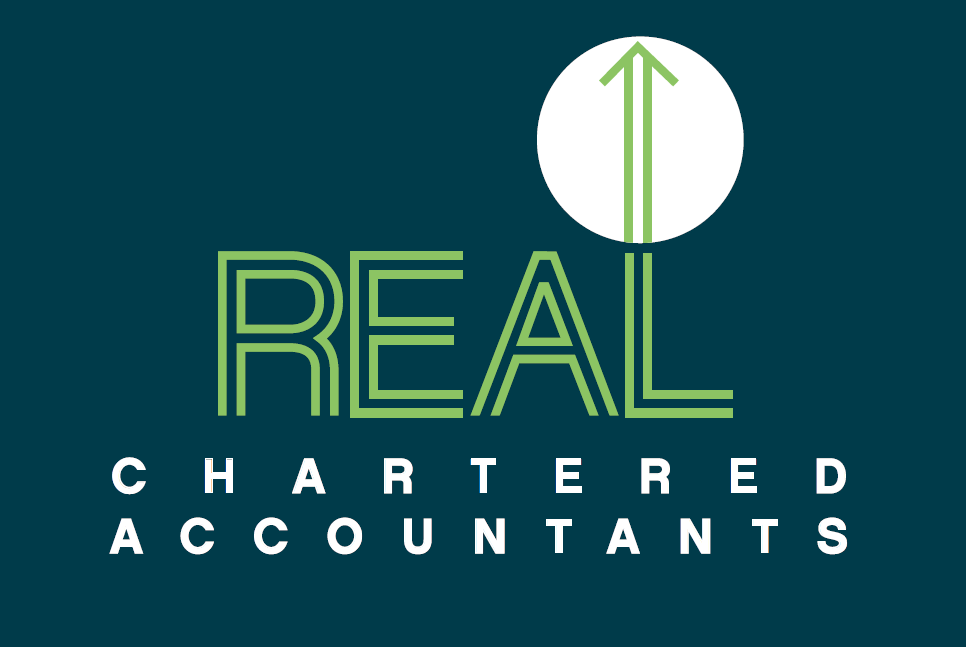NEWS
Beware of Email Scams

Imagine this... You’ve just returned from a relaxing holiday, only to be greeted by an inbox overflowing with over 100 unread emails. As you sift through them, exhaustion sets in, and all you want is to clear your inbox.
Among these emails, one catches your eye - it appears to be from the IRD, complete with official banners and the correct font, stating that you have tax due. Without a second thought, you click the link, transfer the money, and move on.
Unbeknownst to you, you’ve just become the latest victim of a scam. Scammers often prey on good Samaritans, causing them immense stress and inconvenience. Recognizing these deceptive emails and knowing who to turn to for help is crucial in preventing such unfortunate incidents.
Identifying Scam Emails: Key Indicators
- Sender Email Address: Always scrutinize the sender’s email address. Scammers often use addresses that mimic legitimate organizations but contain subtle misspellings or variations.
- Generic Greetings: Scammers frequently use generic greetings. This way, even if they get your name wrong, you aren’t alarmed.
- Urgent Language: Scammers tend to create a sense of urgency, prompting recipients to respond quickly and fall victim to their hoax.
- Links: Be cautious with links in the email. Instead of clicking on them, hover your mouse over them to see the address.
Where to Seek Help
If you’ve been impacted by scammers, netsafe.org.nz is a great resource. Net Safe is a government-run organization that assists people who have been targeted by scammers. They offer multiple forms of contact: you can call them at 0508 638 723, text ‘Netsafe’ to 4282, or submit an online harm report through their website. They will guide you through a step-by-step process to best resolve the issue.
In our increasingly digital world, it’s vital that we all remain vigilant and proactive against potential scammers. The best form of resistance is prevention. Knowing what to look for and where to go for help is crucial to protect your business and your family.
Disclaimer
Please note that this information is intended to provide general advice only.









